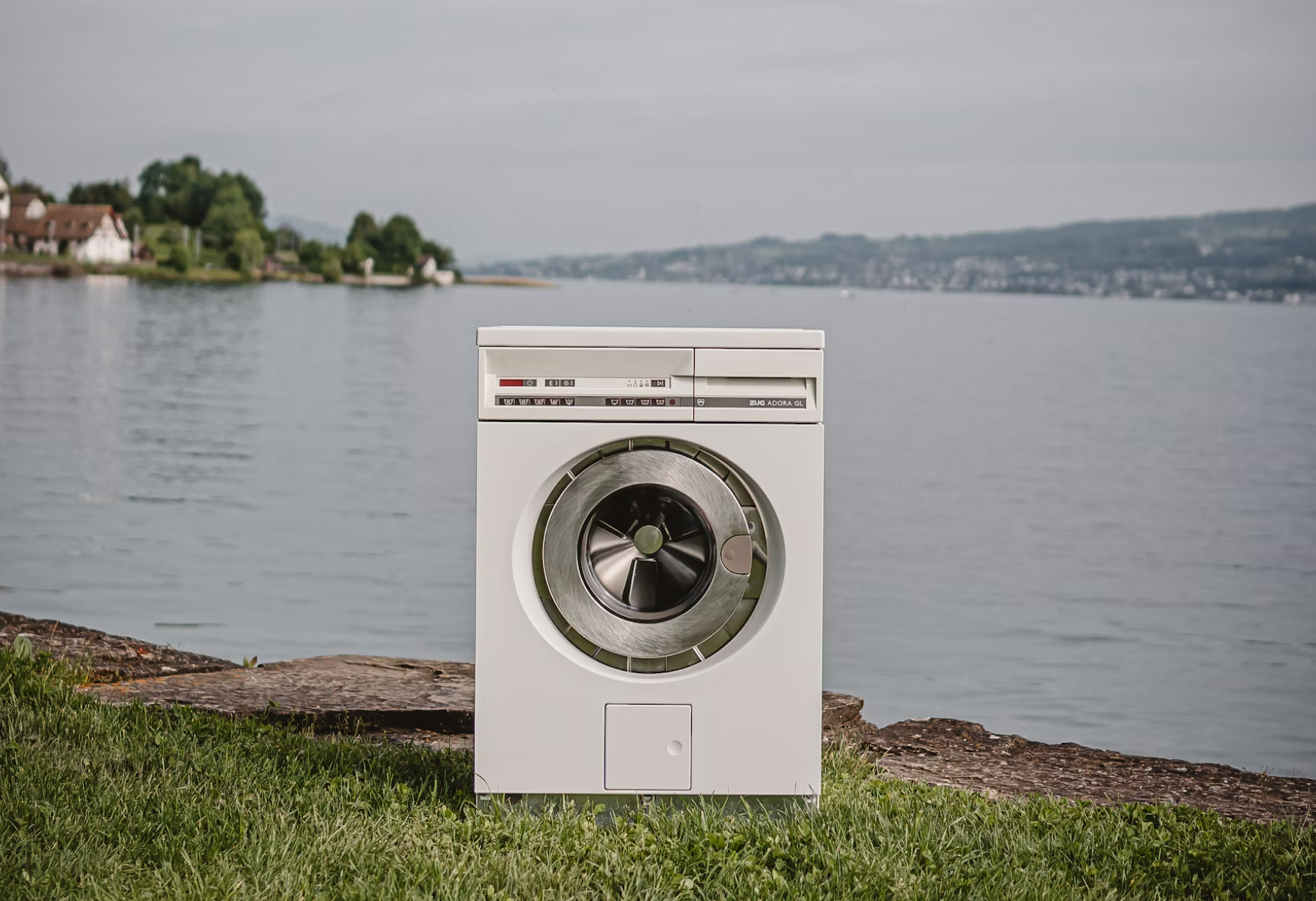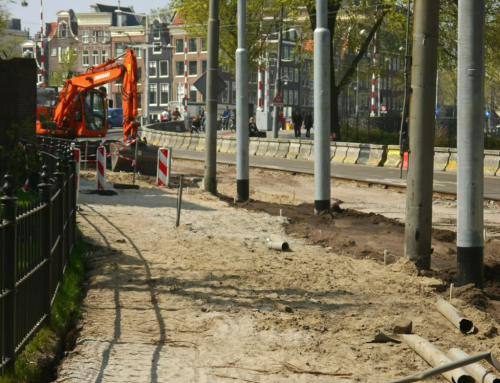Why should you recycle your white goods
What are white goods?
Household appliances like refrigerators, washing machines, air conditioners, and more are commonly referred to as “white goods,” a term that has been around for over half a century. Despite their widespread use, these appliances present a unique challenge when it comes to disposal due to the hazardous substances they contain, such as refrigerants and heavy metals. This is why it’s imperative that we ensure our white goods are properly disposed of in order to protect ourselves, our communities, and our planet from the negative effects of e-waste.
Why should you recycle your white goods?
1. The Environmental Impact
Have you ever stopped to consider the impact of tossing out a fridge or washing machine?
It may seem like a small act, but the careless disposal of these large appliances can wreak havoc on the environment. The damage caused by this careless action is not limited to the short term, but can be felt for years to come.
Methane and Carbon Dioxide Emissions:
Some of these appliances, when not handled properly or with the right technology, can emit harmful greenhouse gases like methane and carbon dioxide. And while carbon dioxide is already infamous for contributing to global warming and climate change, methane is even more potent – up to 80 times more harmful to the environment than carbon dioxide. It’s essential that we stay informed and conscious of the everyday items we use, and ensure they’re being used in a way that doesn’t harm our planet.
White goods, despite being essential appliances for daily living, carry a hidden danger in the form of hazardous materials lurking within. These materials such as refrigerants, oils, and chemicals pose a significant environmental risk if handled carelessly.
Ozone Layer Impacts:
Our planet’s protective shield, the ozone layer, is under threat from refrigerants used in cooling systems. Disposing of these refrigerants carelessly can lead to the release of harmful greenhouse gases, wreaking havoc on the environment. It’s essential to handle these materials with care to preserve our natural defences against the dangers of UV radiation.
Lead, Mercury and Cadmium Emissions:
The dangers posed by white goods go beyond just their refrigerants. Heavy metals like lead, mercury, and cadmium can also be found in these household appliances, presenting a significant risk to both humans and wildlife. These toxic substances can enter soil and groundwater, polluting food sources and damaging ecosystems. The consequences of lead poisoning can be severe, including developmental issues in children, learning disabilities, and seizures. It’s important to be aware of the potential health and environmental hazards associated with white goods and take steps to properly dispose of them.
2. The Financial Benefit:
Recycling your old fridge or air conditioner may seem like a mundane task, but did you know that these white goods hold a significant amount of value due to the scrap metals contained within them.
The aluminium, copper, and steel can be extracted and repurposed to create new appliances, and enterprising homeowners have been cashing in on this trend by selling their old appliances to recycling centres. Don’t expect to become an overnight millionaire, but taking the time to recycle your white goods is definitely worth it. Not only will you be helping the environment, but you’ll also earn a little extra cash in the process. So, why not make recycling your old appliances a regular part of your routine? Your wallet and the planet will thank you.
3. Legal Requirements:
Australia’s commitment to environmental sustainability highlights the importance of responsible waste management for all of its citizens. With the growing concern over climate change and pollution, it is essential that Australians properly dispose of their white goods.
Instead of tossing them in regular household bins or landfill sites, individuals are encouraged to take them to authorised recycling centres or seek a waste removal company that specialises in recycling.
Keep in mind that the disposal of white goods is regulated in every state and territory in Australia, so it is crucial to take the time to understand the laws and guidelines in your area. By prioritising eco-consciousness over convenience, we can protect our beautiful country and make a difference for generations to come.
Here are some tips for responsible white goods removal:
1. Contact a professional:
When it comes to disposing of your old appliances, it’s important to do it safely and legally. Southern Cross Metal Recyclers is a licensed waste management company that is well-equipped to handle this task. They specialize in collecting, transporting, and disposing of white goods, ensuring that they are disposed of in an environmentally friendly way.
2. Donate or sell used appliances:
Transform Waste into Opportunity: Your used appliances may have outlived their welcome in your home, but they could be life-changing for someone in need. Instead of tossing them out, consider donating or selling them to individuals or organisations that can offer a new home and utility for your appliance.
3. Donate or sell used white goods:
Transform Waste into Opportunity: Your used appliances may have outlived their welcome in your home, but they could be life-changing for someone in need. Consider donating or selling them to individuals or organisations that can offer a new home and utility for your appliance. Join the sustainability movement and turn your trash into someone else’s treasure!
Key Takeaways:
Recycling white goods is not only the right thing to do for the environment, but it can also yield financial benefits for homeowners and businesses alike. By properly disposing of these appliances, we can prevent dangerous substances from infiltrating our soil and water supplies, and limit the potential for long-term environmental damage. Compliance with government regulations not only ensures that we’re doing our part to protect the environment, but it also safeguards against legal and financial consequences.
So let’s act responsibly and protect our planet while creating a sustainable future for generations to come!




Leave A Comment